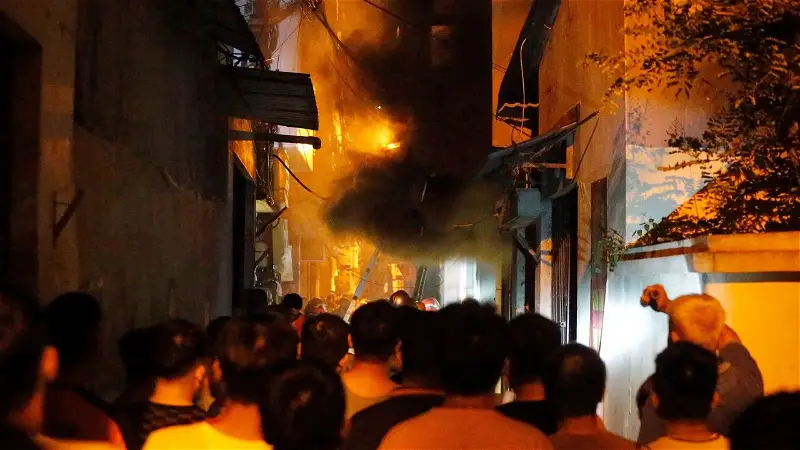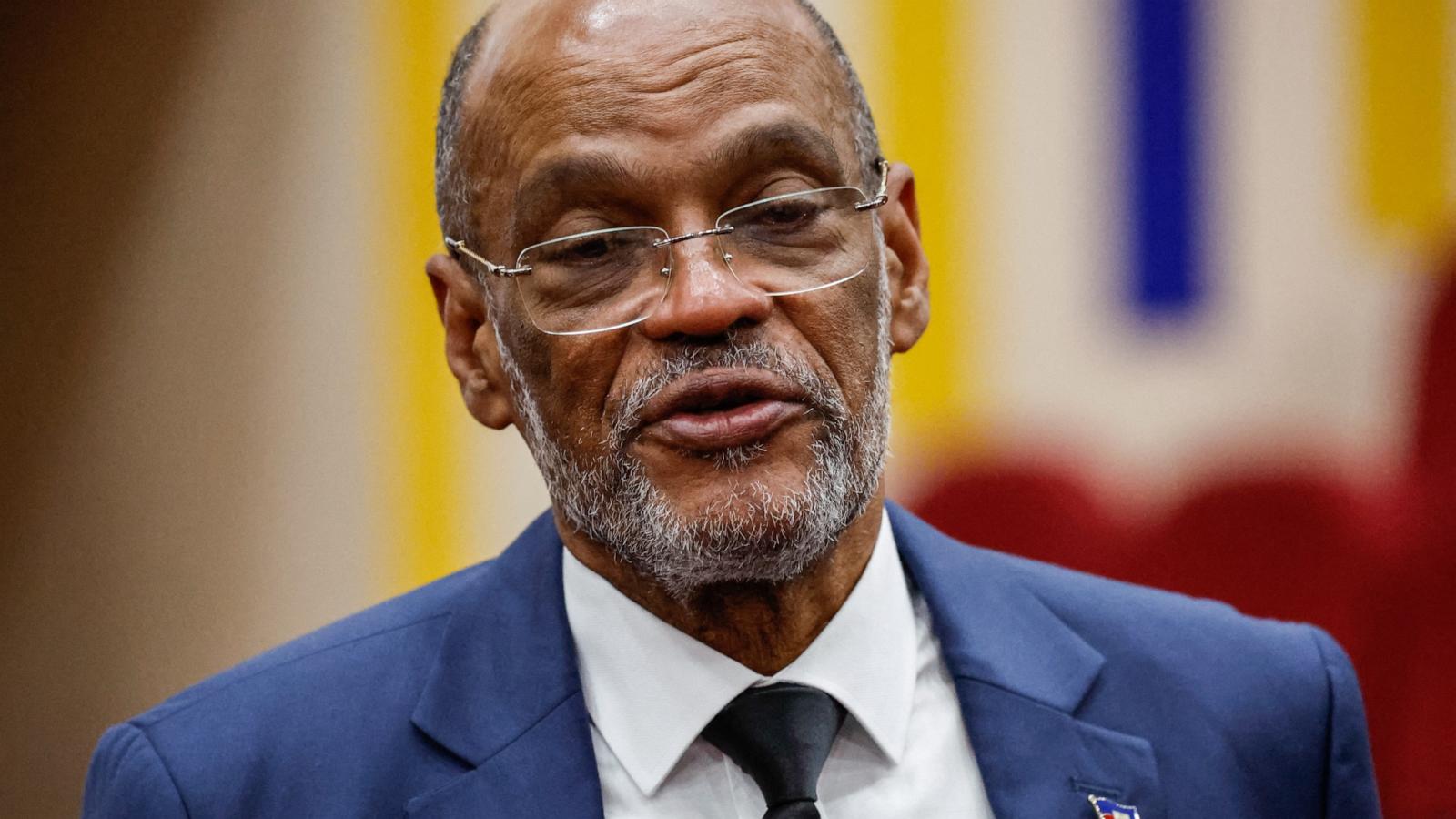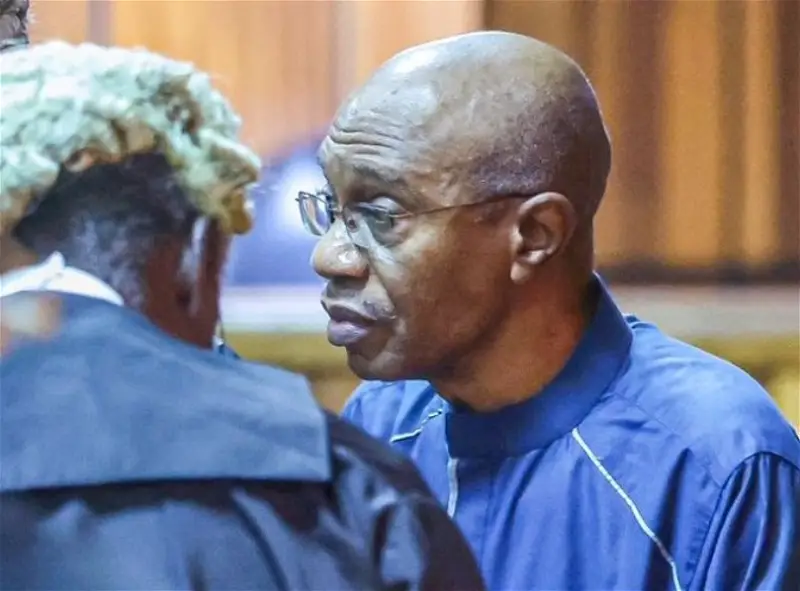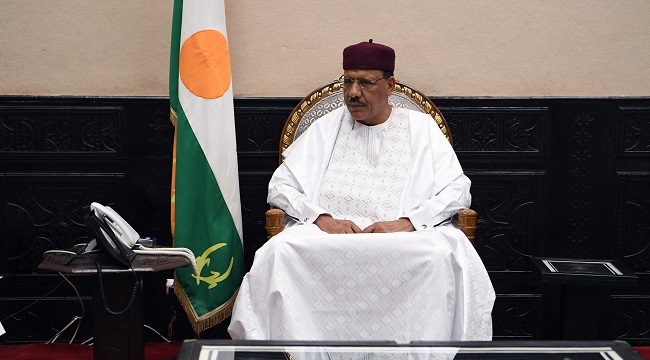The junta in Niger Republic is in a serious dilemma even as it has agreed to release the ousted president of the country, Mohamed Bazoum, and his wife, Khadija. Multiple sources in Nigeria and the neighbouring Niger, have confirmed plans by the military government to release the ousted president before or within the few days of Ramadan. It was learnt, however, that the biggest dilemma of the top echelon of the military in Niger Republic is the insistence by Bazoum to remain within Niger, on the grounds that he was not interested in relocating to any other country. Bazoum has the backing of France President Emmanuel Macron, and by extension, Nigeria’s President and Economic Community of West African States (ECOWAS) leader, Bola Tinubu. The two leaders are not in the good books of the Niger military government, as evident in the back and forth that ensued since the removal of Bazoum and the series of sanctions slammed Niger Republic, alongside Mali and Burkina Faso. To make things worse, French symbols in Niger, including diplomats have been expelled by the military leaders, even as they have turned deaf ears to all the entreaties extended to them by ECOWAS, including the lifting of bans like border closure and a return to the regional body. The sources that spoke to Daily Trust on the planned release of Bazoum included diplomats and journalists. Some locals in the capital, Niamey, as well as Maradi, one of the major cities in that country, said at least one prominent newspaper in the French speaking country had carried a story on the plans to release Bazoum. The sources said the military authorities were working on how to “get it right”, in the event that they allow Bazoum to remain in Niger Republic. Part of the fear of the junta is the possibility of sympathisers of the ousted president to stage protests demanding for “absolute freedom” for him, since the agreement at the moment is that Bazoum will still remain under some sort of house arrest. Niger tabloid De L’enqueteur, citing credible sources, said, “The couple will have their detention turned to house arrest any moment before the Muslim holy month of Ramadan due to start Monday and Tuesday.” Daily Trust reports that Bazoum, his wife, and his son, Salem, were arrested and detained by the coup leaders who took over last July. The younger Bazoum was released provisionally by the tribunal on January 9. Our sources said there was no French or ECOWAS contribution in the plan to release the ousted president. One of the sources said the plan to release Bazoum was home-grown, meaning it was planned and agreed within Niger. “The coup leaders have moved on, they are not thinking about France or ECOWAS and they are not looking back,” the source said. “Neither France nor ECOWAS, and by extension Nigeria has any input in what Niger is doing,” the source added. Another source said that Bazoum, at his own volition, expressed a clear desire to remain in Niger after his release, thus testifying to his unwavering attachment to the country despite the political turbulence. “And this is where the coup leaders have some issues…They would have loved a situation whereby Bazoum will leave the shores of the country and go somewhere,” one of the sources said. They are mindful of his popularity even though they have, to a greater extent, also proved to the citizens that they are patriots and not puppets of anyone. “While they are not averse to releasing the removed president, one thing is clear, they are not willing to bring him back to power. “They will also prefer to keep him in one of their facilities as a freed man. He will be entitled to state protection while enjoying the freedom to receive guests,” the source said. A journalist in the capital, Niamey, told the Daily Trust on the telephone that the former president may likely remain at his private residence in the capital. According to De L’enqueteur, under house arrest, the former head of state could have increased access to means of communication that could allow him to broadcast messages to his followers and influence public opinion. Meanwhile, the development could create dissent within the de facto ruling military junta of Niger, Conseil National pour la Sauvegarde de la Patrie, (CNSP) – the National Council for the Safeguard of the Homeland – itself, between the liberals and hardliners among its members. Contacted, a university teacher in Niamey, Dr Mamman Manzo, said he was not aware of any plan to release Bazoum. A lot of things are happening but I am not privy to the issue you are talking about. I would have to make some findings,” he said. Early last August, media reports had it that Bazoum and his family were being held under inhumane conditions by their military leaders, who had cut off the electricity to the presidential residence, leaving them to rapidly lose weight while food rotted in the fridge, the president’s daughter told the Guardian at the time. The West African regional bloc, ECOWAS had in late February lifted most sanctions imposed on Niger over last year’s coup, in a new push for dialogue following a series of political crises that have rocked the region in recent months. Earlier in February, the head of the military government in the Niger Republic, General Abdourahamane Tchiani, vowed that none of the three Sahel countries would rejoin the regional bloc. Late January, the leaders of the three Sahel nations – Niger, Mali, and Burkina Faso issued a statement, saying it was a “sovereign decision” to leave the ECOWAS “without delay”.














